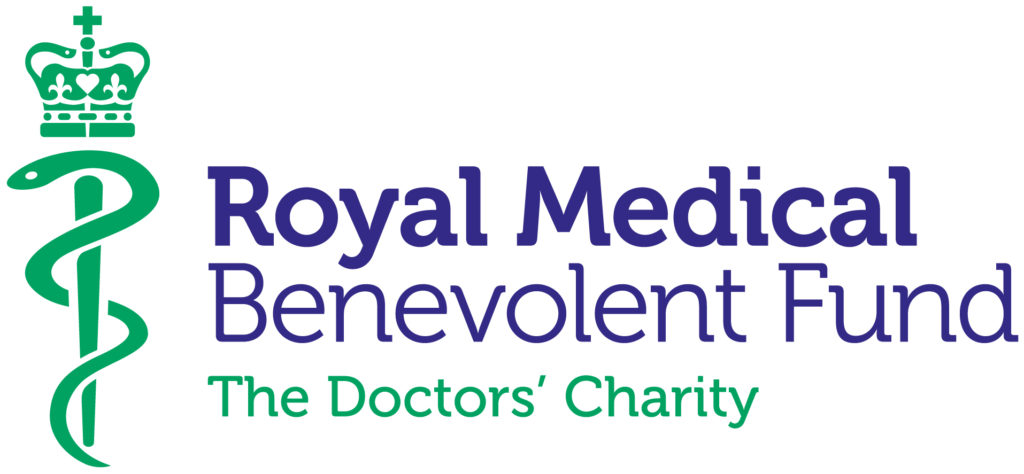 We’ve known for years that doctors in all branches of medicine experience high levels of a range of health problems, particularly psychological, psychiatric and addiction problems. We know also that doctors have generally been slow to seek and accept advice and treatment, for physical as well as psychological illness. Doctors have difficult jobs, and also have good access to medications and can afford alcohol. Drinking is embedded in medical student culture in many universities and the “doctors’ mess” was for many years the centre of hospital life. However, admitting a medical problem, particularly a psychological one, could be regarded as a weakness, and a mental health issue might damage future career prospects. For these and other reasons doctors have the lowest levels of absenteeism of all NHS staff. Only relatively recently, however, has the health of the medical workforce become a matter of proper concern, and only very recently has the government recognised the need to provide support for doctors in difficulty in a systematic way.
We’ve known for years that doctors in all branches of medicine experience high levels of a range of health problems, particularly psychological, psychiatric and addiction problems. We know also that doctors have generally been slow to seek and accept advice and treatment, for physical as well as psychological illness. Doctors have difficult jobs, and also have good access to medications and can afford alcohol. Drinking is embedded in medical student culture in many universities and the “doctors’ mess” was for many years the centre of hospital life. However, admitting a medical problem, particularly a psychological one, could be regarded as a weakness, and a mental health issue might damage future career prospects. For these and other reasons doctors have the lowest levels of absenteeism of all NHS staff. Only relatively recently, however, has the health of the medical workforce become a matter of proper concern, and only very recently has the government recognised the need to provide support for doctors in difficulty in a systematic way.
These concerns have been reflected in reports from Royal Colleges, the General Medical Council, the BMA and most recently the Roland Commission on the future of primary care. Sick doctors are a potential threat to patient safety, and unacknowledged and untreated illness threatens the recruitment and retention of an effective workforce. The successful Practitioner Health Programme, provided for doctors in London experiencing serious problems, is likely to be one of the models for a nationally-co-ordinated support service, and Jeremy Hunt has emphasised the importance of funding to support sick and struggling GPs, who at present are particularly vulnerable and unsupported.
Against this background the Royal Medical Benevolent Fund (RMBF), which was established over 175 years ago, is an important national source of advice, support, and funding for doctors in difficulties and their families, and, for the last few years, medical students facing illness and financial hardship. We are able to deploy close to £1 million per year to provide a range of grants, loans, money advice and other financial help to doctors who have fallen on hard times, who require re-training, or whose circumstances have made it impossible for them to support themselves and their families. The charity has over 250 volunteers across the UK, mainly retired doctors or their spouses, who do invaluable work as Area Visitors and Medical Liaison Officers. Last year over 200 doctors and medical students were beneficiaries of the RMBF, and our record of helping doctors back into work and getting medical students through their final examinations is improving all the time. As well as raising our profile within the profession, we are looking into ways by which we can intervene earlier in the course of a doctor’s struggles, to try to put things right before they become really bad.
Strikingly, the demographics of our beneficiaries have changed significantly over the last few years, so that younger doctors, in their 30s and 40s, represent the most prevalent age group, and doctors undergoing psychological, psychiatric and addiction problems are now the largest group applying to us and receiving assistance. The number of visits to our website increased by 25% last year, which tells its own story, so as well as ensuring that more GPs and hospital doctors know we are there for them, we also need to continue to raise and generate funds, to sustain and increase the levels of support we can provide.
Please help us by spreading the word about RMBF among your colleagues, so that they know we are here to help when things get difficult. We also hope you will take pride in supporting your fellow medical professionals, by making a donation to the Fund or by giving your time as a volunteer.
You can see the difference that RMBF’s support makes to the lives of doctors and their families in our video, “At the Heart of the Medical Profession” below.
Find out more and email us via the website, or call 020 8540 9194.
Professor Roger Jones
Chair, Royal Medical Benevolent Fund.





0 Comments